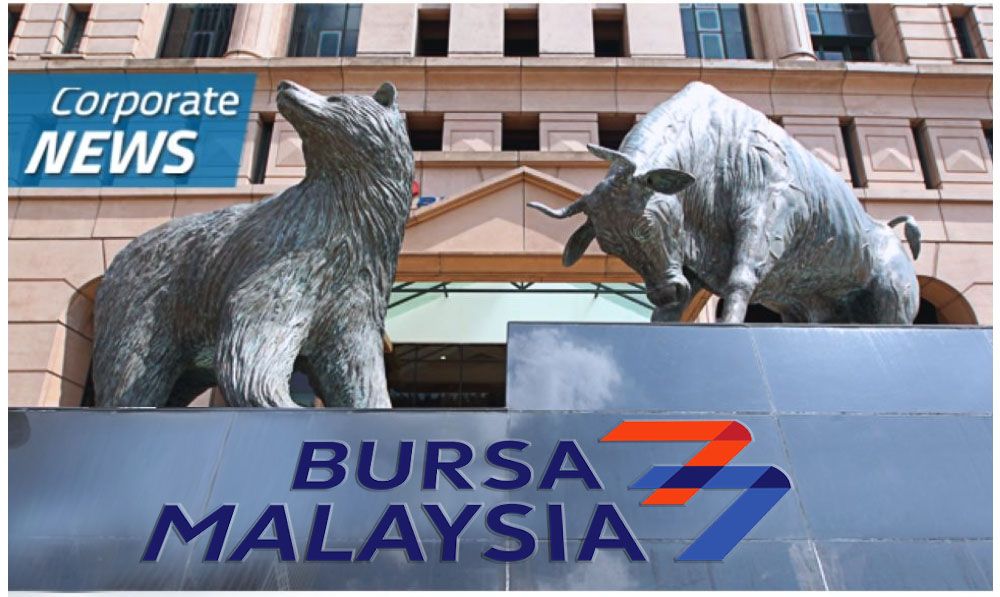ISLAMABAD - The Leaders in Islamabad Business Summit (LIIBS) 2025 concluded on Friday with a strong call for reform consistency, economic resilience, and technological innovation to steer Pakistan through a period of uncertainty and opportunity. Themed “Navigating the Unknown”, the summit was jointly hosted by Nutshell Conferences Group and Unity Foods Limited, with strategic partnership from the Government of Pakistan and the Overseas Investors Chamber of Commerce and Industry (OICCI). Prominent political and business figures alongwith eighteen international speakers joined global thought leaders and policy experts to engage in two days of high-impact dialogue on the country’s investment landscape, regulatory reforms, and digital transformation.
Former Prime Minister Shahid Khaqan Abbasi underscored the urgency of stable governance frameworks. “Weak regulation has massively contributed to increasing circular debt and loss of investments. Stability and rule of law are a must to take any step in the future,” he said, advocating for institutional clarity and privatisation.

Counter Terrorism Dept arrests BLA operative in Karachi Asad Umar, Pakistan’s former Minister for Finance, Planning and Development, emphasised strengthening democratic values and institutional integrity. “The entire nation seems to be in conflict. Pakistan needs to abide by systems.
As a multi-ethnic country, we must prioritise local governance,” he remarked. Former Air Chief Sohail Aman, now Chief Executive Strategic Engagements at Nutshell Group, offered a unifying perspective. “Pakistan belongs to us all, and the Constitution is sovereign.
Our collective objective is to see Pakistan great, and we will continue navigating the unknown for newer opportunities,” he said. The conference also featured in-depth sessions on the role of digital technology in shaping economies. Experts from KPMG, SAP, Devsinc, and PTCL shared insights on artificial intelligence, digital inclusion, and transformation of legacy sectors through innovation.
Discussions pointed toward the need for skilling Pakistan’s youth, increasing digital access, and creating smart governance systems. Vaccination process of intending Hujjaj to start next week: Sardar Yousuf Private sector leaders, including Burak Ozer of VEON and Jahanzeb Khan of easypaisa, highlighted their companies’ roles in enabling inclusive financial systems. Jazz alone has invested over $10.
9 billion in Pakistan, and executives urged the state to partner more meaningfully with digital players to improve education, healthcare, and access to finance. From agriculture to financial services, leaders noted that artificial intelligence, fintech, and public-private collaboration are reshaping industries. Speakers called for stronger regulatory mechanisms, data protection laws, and digital literacy to ensure equitable and efficient outcomes.
In a session that explored Pakistan’s untapped markets, executives from Pakistan Software Export Board (PSEB), Orbit Startups, StratLink, and HBL stressed the importance of reshaping investor perceptions, enhancing talent pipelines, and adopting a geoeconomic lens to attract global capital. Punjab stands with people of sindh on water issue, says Rana Mashhood Muhammad Azfar Ahsan, former Minister for Investment, presented a sobering comparison, “Pakistan’s total FDI in the last three-plus decades averages less than $2 billion and pales in comparison to India’s last year’s alone. We have to think as Pakistanis first, facilitate the present investor, and ensure long-term planning.
” Dr Amjad Waheed of NBP Funds highlighted the critical gap in education, “We have not invested in human capital for decades. The literacy rate in schools is only 45 percent, which means 45 million children are deprived of education.” Teymoor Nabili, the summit’s lead moderator and a seasoned journalist, steered the discussions to reflect the broader geopolitical and economic shifts shaping Pakistan’s future.
As the summit closed, the consensus was clear: navigating uncertainty demands bold thinking, strategic partnerships, and a collective national effort to invest in people, reform institutions, and embrace innovation as the country repositions itself on the global stage. Christians celebrate Good Friday with prayers for peace Tags: liibs concludes unified reform.
Business

LIIBS 2025 concludes with unified call for reform, economic resilience, technological innovation

ISLAMABAD - The Leaders in Islamabad Business Summit (LIIBS) 2025 concluded on Friday with a strong call for reform consistency, economic resilience, and technological innovation to steer Pakistan through a period of uncertainty and opportunity.















